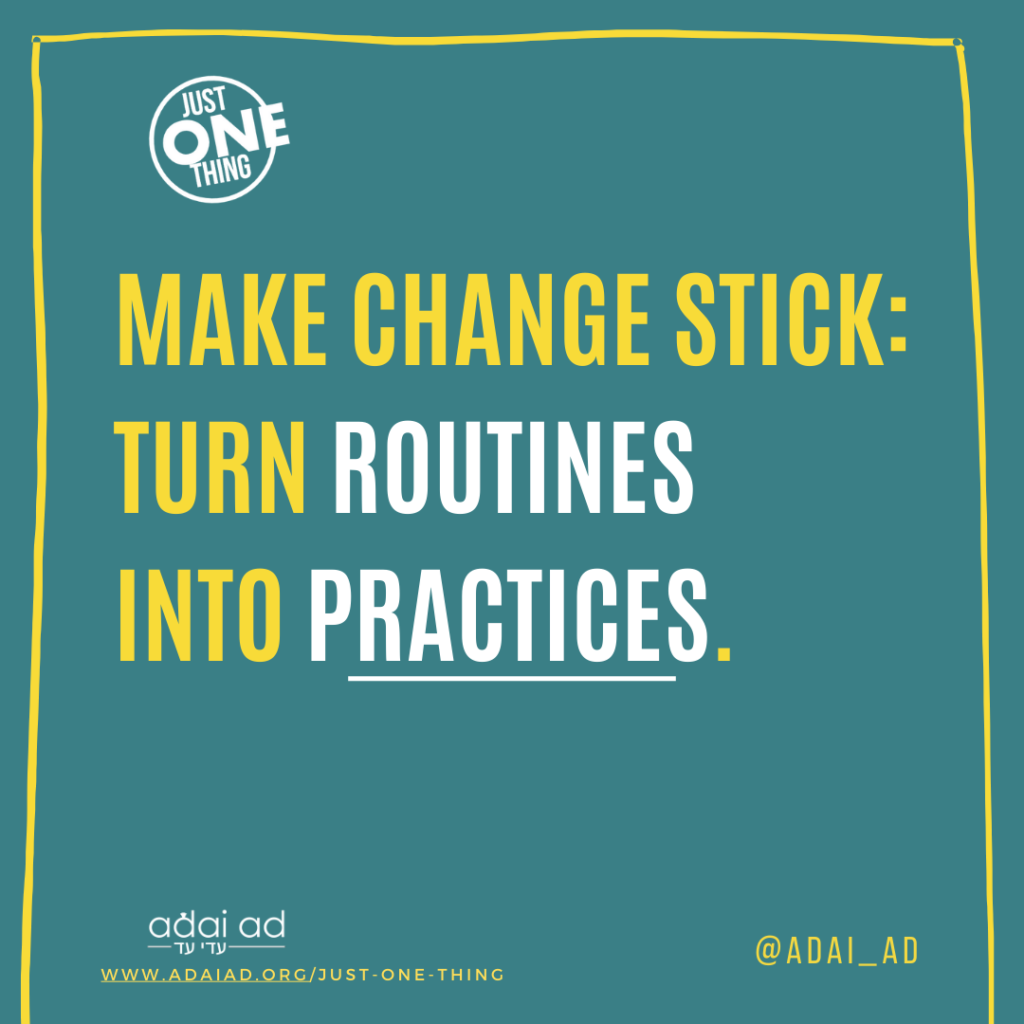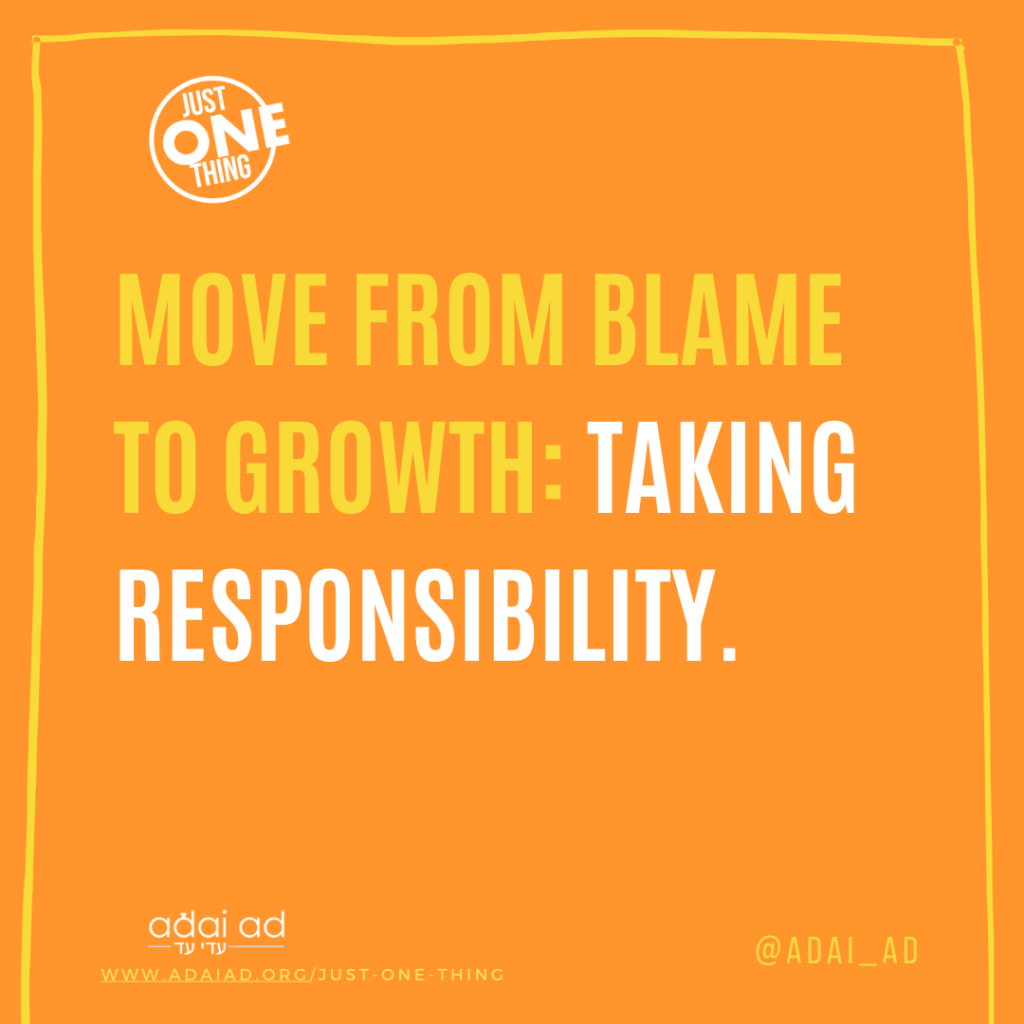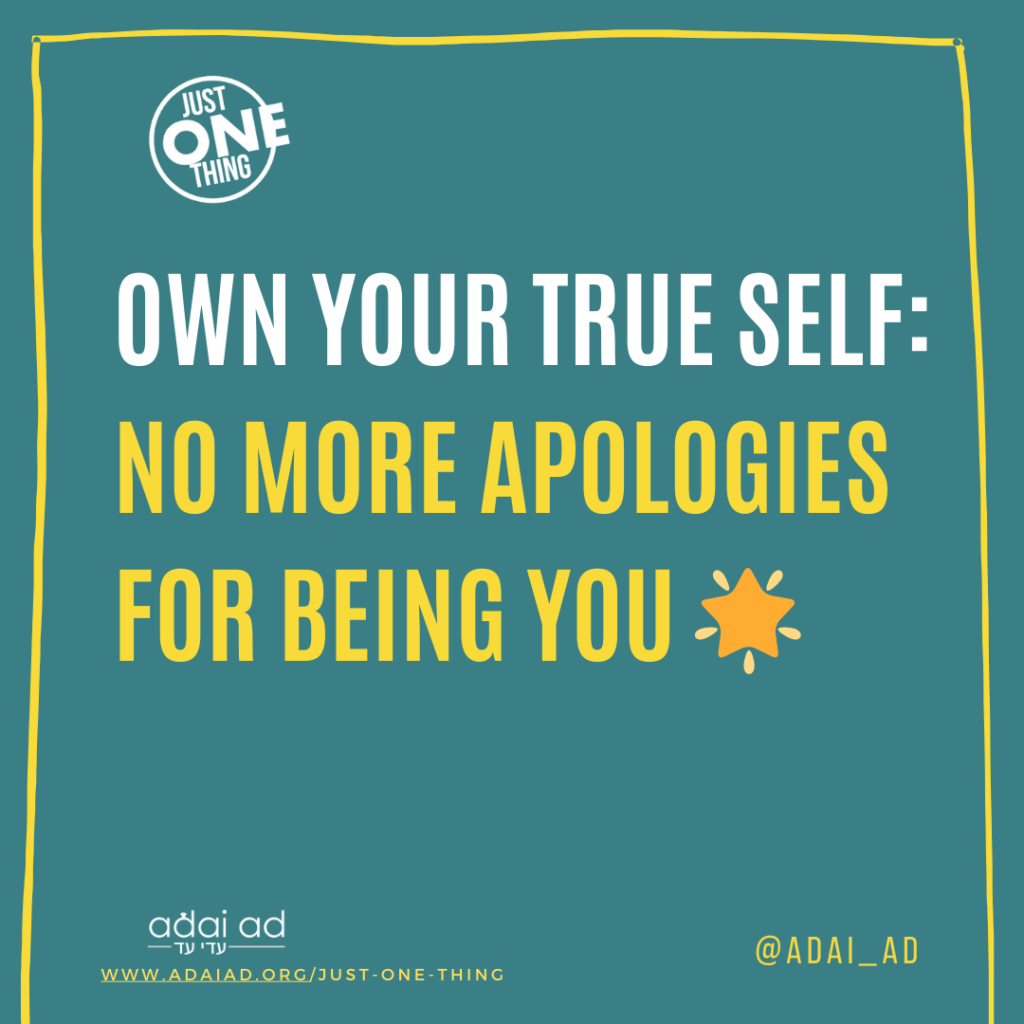Take Brave Steps Towards Growth, Ask For Feedback
Personal growth is indeed a challenging journey, yet always rewarding. At times, we receive messages from others or our circumstances that highlight areas for improvement. Other times, we can actively seek feedback and insights from those around us.💬 “I’ve been reflecting on my growth lately and would really value your honest feedback. Is there anything […]
Take Brave Steps Towards Growth, Ask For Feedback Read More »










